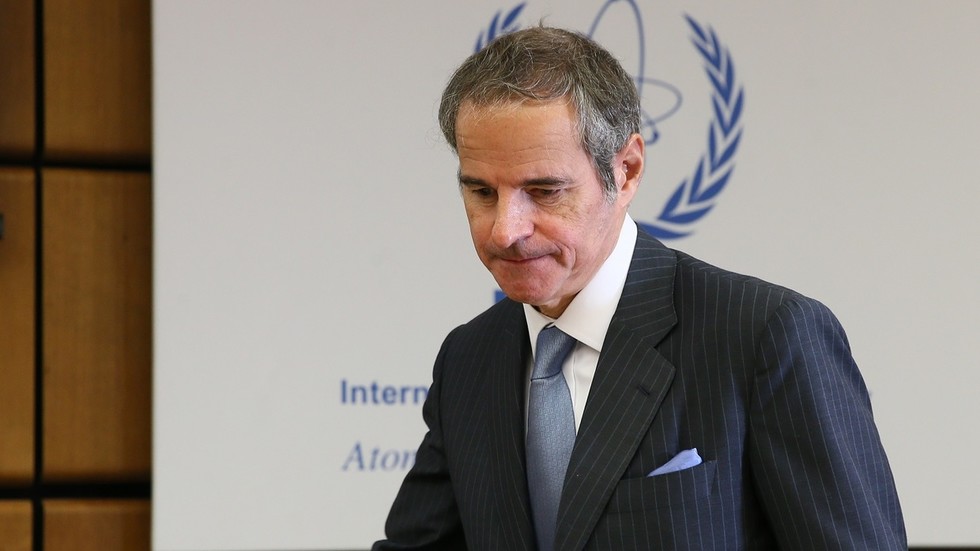Russia also has a history of hacking into Emirati activities, although less so in recent years - more likely a reaction to the ongoing Ukraine conflict and demands on state-sponsored hacking by the GRU and SVR, rather than a decrease in desire. There is some information on a potential thawing of Emirati - Russian relations, as the UAE helps Russia evade U.S. and Western European economic sanctions. The fact that the U.S. is involved in the new AI center will make it more likely that the GRU and SVR will be interested in penetrating its security, as any such penetration would make the U.S. look bad.
The intersection of cyber, technology, defense and intelligence is critical to future U.S. national security.Join The Cipher Brief on June 5th and 6th in Austin, Texas for the NatSecEDGE conference. Be in the room.
The People’s Republic of China (PRC) has a history of engagement with the UAE based on trade and technology. G42, an AI-focused startup founded in 2018 and chaired by Sheikh Tahnoun bin Zayed (who also serves as the country’s National Security Advisor), is integral to the Emirates strategy of becoming a global AI powerhouse.
G42 has been very engaged with China, and the Beijing connection goes all the way to the top.
Peng Xiao, the CEO of G42, was born in Harbin in 1984. He eventually became a U.S. citizen and then later, renounced that for Emirati citizenship. However, PRC law states that anyone born in China with at least one Chinese parent is Chinese. Beijing does not recognize dual citizenship and requires that Chinese citizens assist the government when directed to do so.
Even if Xiao were predisposed not to cooperate with the Chinese government, relatives still living in China could provide all the leverage needed to ensure his compliance. Peng Xiao has a record of less-than-savory engagements with Emirati companies like Dark Matters and Pegasus and has signed deals with PRC companies like Huawei and BGI Genomics.
Because G42 is such an important part of the UAE’s big strategic move, and has the attention of the country’s top leadership, the U.S. cannot just direct them to not partner with China. G42 in February 2024 publicly reported that they had entirely divested themselves of PRC companies.
In August of 2024, Microsoft announced a change in their AI-focused engagement with the UAE, saying they would lease the equipment vice selling it, as a way to exert greater control over its proliferation.
Both of these actions are steps in the right direction, but it’s uncertain whether they will be sufficient to protect U.S. technologies. One of the important factors going forward will be how U.S. pressure on Sheik Tahnoun manifests itself in modified behavior by Xiao and G42.
Of course, that means that the U.S. must ensure it has its eyes wide open on both economic and intelligence issues and acts as needed to ensure that U.S. dominance in AI continues.
The Cipher Brief is committed to publishing a range of perspectives on national security issues submitted by deeply experienced national security professionals.
Opinions expressed are those of the author and do not represent the views or opinions of The Cipher Brief.
Have a perspective to share based on your experience in the national security field? Send it to Editor@thecipherbrief.com for publication consideration.
Read more expert-driven national security insights, perspective and analysis in The Cipher Brief
Keep reading...Show less

 1 month ago
9
1 month ago
9










 English (US) ·
English (US) ·